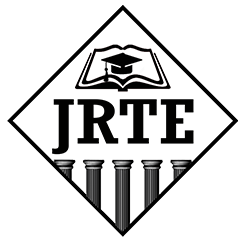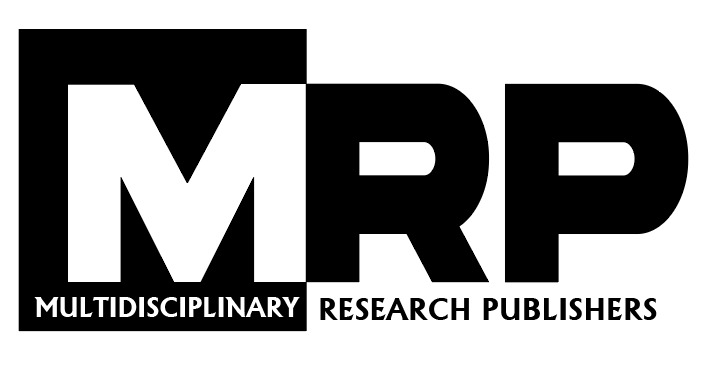Downloads
Deep learning algorithms have accounted for the rapid acceleration of artificial intelligence research in medical image analysis, interpretation, and segmentation with many potential applications across various sub-disciplines in medicine. However, only a limited number of research investigating these application scenarios is deployed into the clinical sector to evaluate the real requirement and the practical challenges of the model deployment. In this research, a deep convolutional neural network (CNN) based classification network and Faster RCNN based localization network were developed for brain tumour Magnetic resonance image (MRI) classification and tumour localization. A typical edge detection algorithm called Prewitt was used for tumour segmentation task, based on the tumour localization output. Overall performance of the proposed tumour segmentation architecture, was analyzed using objective quality parameters including Accuracy, Boundary Displacement Error (BDE), Dice score and confidence interval. A subjective quality assessment of the model was conducted based on the Double Stimulus Impairment Scale (DSIS) protocol using medical expertise input. It was observed that our segmented output’s confidence level was in a similar range to that of experts.
Written by JRTE
ISSN
2714-1837
| M | T | W | T | F | S | S |
|---|---|---|---|---|---|---|
| 1 | 2 | 3 | ||||
| 4 | 5 | 6 | 7 | 8 | 9 | 10 |
| 11 | 12 | 13 | 14 | 15 | 16 | 17 |
| 18 | 19 | 20 | 21 | 22 | 23 | 24 |
| 25 | 26 | 27 | 28 | 29 | 30 | 31 |
Our Visitors






 Users Today : 19
Users Today : 19 Total Users : 32781
Total Users : 32781 Views Today : 34
Views Today : 34 Total views : 88475
Total views : 88475 Who's Online : 1
Who's Online : 1 Your IP Address : 216.73.216.44
Your IP Address : 216.73.216.44

